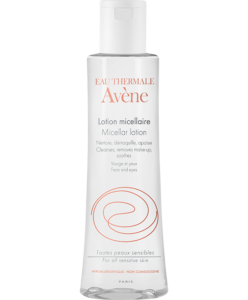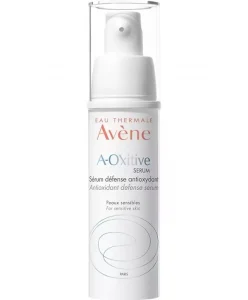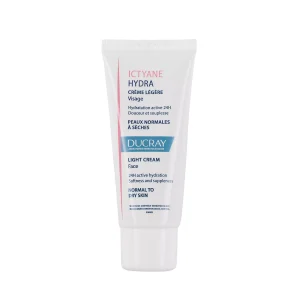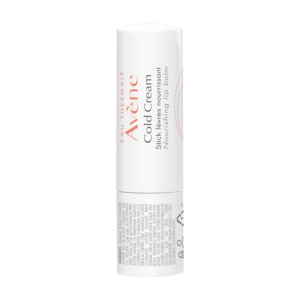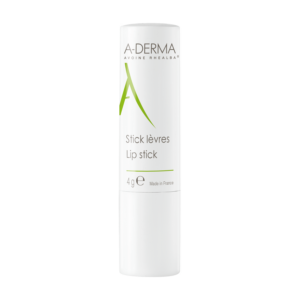
Winter has officially begun, and with the colder months comes a change in humidity, exposure to indoor heaters, and high winds that can make your skin drier and duller. To protect yourself from dry, flaky skin, you may need to modify your skin care routine during winter. Fortunately, fighting the cold, dry winter air doesn’t require an entirely new luxury regimen – all you need is a few dermatologist-approved recommendations to protect you and your skin until spring. In this article from The Dermo Lab, we’ll discuss seven winter skin care tips that are essential for everyone.
1- Install a humidifier.
An important winter skin care tip is to use a humidifier. A humidifier adds moisture to the air, which can help prevent dry, chapped skin. Not only is a humidifier useful for dry skin care, but it also increases the effectiveness of all the other skincare products you use during the winter. The reason? Because a lack of humidity in the air deprives your skin of moisture. A humidifier replaces this moisture and keeps your skin hydrated all season long.
2- Drink lots of water.
No matter how redundant it may sound, drink water! Of course, drinking water isn’t the fountain of youth and won’t radically change the health of your skin, but it will help you feel and look your best.
3- Avoid hot showers.
When it comes to winter skin care, avoiding hot showers is essential. Taking a hot shower may seem comforting and relaxing during the cold winter months, but water that’s too hot can strip your skin of its natural oils and moisture, resulting in dry, irritated skin. A lukewarm shower is recommended to maintain the health of your skin barrier, and is particularly important for people with dry skin, as it prevents your skin from drying out further. So make sure you avoid hot showers wherever possible, and keep your skin hydrated and healthy this winter!
4- Eat a healthy diet.
One of the most effective and overlooked winter skin care tips is to adopt a healthy diet. A balanced diet not only provides the body with essential nutrients but can also help protect the skin from oxidative stress (one of the main causes of premature aging, fine lines, and wrinkles). To do this, eat plenty of fruit and vegetables, which are rich in antioxidants that help neutralize free radicals.
If you have dry skin, make sure you get enough fatty acids, as they are essential for maintaining healthy skin. Omega-3 fatty acids, found in fish and nuts, are particularly beneficial for the skin’s natural hydration. Following a nutritious diet is one of the best ways to maintain radiant skin throughout the winter season.
5- Layer your skincare products.
Winter can be particularly hard on your skin, so layering your skincare products correctly can make all the difference when it comes to keeping your skin hydrated and protected.
Step 1: Cleanse
Start your routine with gentle cleansing. In winter, it’s important to ensure that none of your products dry out your skin (including your cleanser). Opt for a cleanser without sulfates or phthalates, which often rob the skin of its natural, regenerating oils. Try using a cream if your skin is dehydrated, and make sure you use lukewarm (not hot!) water when you wash your face.
Our pick:
Eau Thermale Avène Micellar Lotion
Step 2: Serum
Use your lightest product first, such as a serum. This will allow the skin to absorb the product and ensure that no other products block its penetration. Opt for a moisturizing serum to draw moisture into the deeper layers of your skin (like hyaluronic acid).
Serums are lightweight skincare products that contain a higher concentration of active ingredients (such as hyaluronic acid, glycolic acid, and vitamin C) than conventional moisturizers. Depending on the type of serum used, they can help brighten the skin, hydrate it, and provide a whole range of benefits.
Our pick:
Eau Thermale Avène A-Oxitive Antioxidant Defense Serum
Step 3: Moisturizer
Follow your serum with a face cream (moisturizer). Moisturizing creams have a thicker formula to create a physical barrier that retains moisture and prevents the skin from drying out. They also help the skin’s top layer retain moisture.
Our pick:
Ducray Ictyane Hydra Light Face Cream
Step 4: SPF
If this is your morning skin care routine during winter, it’s important to continue with your SPF to protect against UVA and UVB rays. This is also important in winter – the sun can still do damage even when it’s cold! Sunscreen isn’t just a skincare product for summer – it’s important to wear it all year round. For optimum protection against UV rays in winter, apply sunscreen every two hours and make sure it covers a broad spectrum.
Our pick:
Eau Thermale Avène Very High Protection Fluid SPF 50+
6- Don’t forget your lips.
In winter, lips can become chapped and dry. Indeed, the skin on the lips is particularly thin and can easily become dehydrated when exposed to wind and cold.
We recommend using a gentle lip balm that won’t cause your dry lips to tingle. A tingle like this may be pleasant temporarily, but it could also mean that your lip balm contains an ingredient like camphor or menthol. Unfortunately, these ingredients can exacerbate dehydration and cause long-term sensitivity.
Look for ingredients that moisturize and protect your lips, such as glycerine, shea butter, beeswax, olive oil, castor oil, and coconut oil.
Our selection of products :
Eau Thermale Avène Cold Cream Nutrition Nourishing Lip Balm
A-Derma Lip Balm Stick
Ducray Ictyane Lip Balm
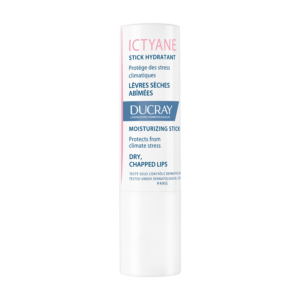
7- Dress for the weather.
If you have dry skin in winter, dressing warmly – especially wearing gloves – can help protect your skin and keep you comfortable.
People with dry skin should wear gloves every time they go out in cold winter weather. They should also wear gloves when performing tasks that require them to get their hands wet, such as washing dishes, or when their hands are likely to come into contact with cleaning products or other harsh chemicals.
8- Keep an eye out for hidden irritants.
People with sensitive skin probably already know that they need to be on the lookout for common irritants – including fragrances – in any product likely to touch their skin. This precaution is all the more important in winter.
If you’re prone to skin reactions and don’t already use fragrance-free laundry detergent, dryer sheets, and body care products, now’s the time to switch.
9- Don’t neglect your nails.
People don’t usually notice that their nails need attention until it’s warm enough to wear sandals, but many of these problems (including fungal infections) can start to accumulate in winter.
If you notice your nails becoming brittle, yellowing, or lifting, these are signs to consult a dermatologist now rather than waiting until spring or summer.
And there you go! Our step-by-step guide to keeping your honey-infused glow all year round.
